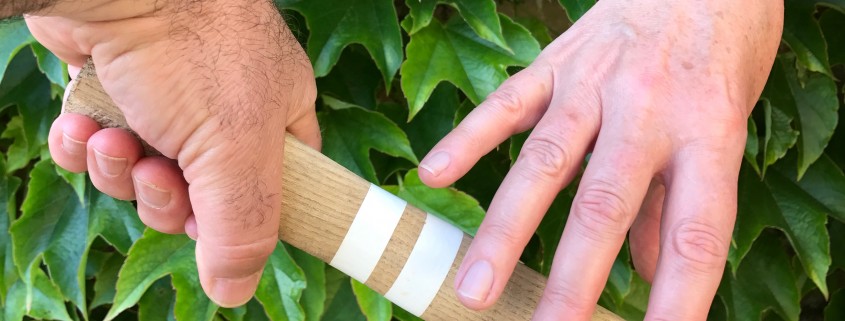On the long and winding road of the Northern Ireland Peace Process the most important lesson we learned was that such intractable, violent, political problems were a result of disturbed historic relationships between communities of people.
The three key sets of relationships upon which the negotiations and subsequent institutions were based were between Protestant Unionists and Catholic Nationalists; between the people, North and South, in Ireland; and between Britain and Ireland.
So long as we kept focussed on addressing these historic, disturbed relationships and realized that changes to constitutions, institutions, policing and the administration of justice, protections for individual and group rights, and social and economic development, were all instruments to build better relationships rather than ends in themselves, we continued to move forward, and indeed had something important to contribute to others who had similarly been mired in intractable conflict.
We had learned some lessons from the European post-war experience where the French and Germans realized that the alternative to endless cyclical violence was building better relations, and they embarked on the European Project starting with the European Coal and Steel Community and eventually arriving at the European Union.
So why are things going so badly wrong, both for Europe and for Northern Ireland?
It would be tempting to assume that this was simply the consequence of the next generation forgetting about the horrors of war, taking peace for granted and confusing the instruments of peace-building with the purpose of peace-making.
The purpose of the European Project was not to create the euro and the free movement of people, goods, capital and services, or even to ensure a seat at the top table of global affairs for European politicians.
These were some of the instruments for achieving the purpose, but the purpose itself was peace in Europe.
When in recent elections I tried to persuade my Liberal colleagues to focus on the purpose instead of the instruments, they could not see what I was getting at, because they were too caught up in the game of political party rivalry to appreciate the central significance of inter-communal relations.
In Northern Ireland it was sometimes thought that if only we could change the individual leaders we could resolve the problems.
Leaders are leaders for so long as they represent as well as lead their communities, and our problems were not only about individual leaders, whether they were women or men, but about their contribution to the relationships between the communities they lead.
This year we mark 500 years since Martin Luther nailed his 95 Theses to the door of the Castle Church in Wittenburg and triggered the Protestant Reformation. This new way of thinking did not bring peace, but the Wars of Religion in Europe. The Renaissance had started in Italy, however it was Germany that saw the birth of the Reformation and when the Enlightenment followed it had different impacts in Northern and Southern Europe. The culture of the North and South are not the same.
These communities have different ways of what Heidegger called ‘Being-in-the-World’, and what is true of Europe is also the case in Ireland. It is not only a question of identity and allegiance; there are also cultural differences. So when John Hume said that the Germans could still be Germans and the French could still be French, but both could be Europeans, he was only partly right.
Unless a new European consciousness or culture developed, the deep and dangerous fault-line that long preceded the Reformation would remain between the north and the south. In truth there was a need for a new shared culture to be born, and the focus on the instruments instead of the purpose was a distraction from this crucial task.
With the Enlightenment came an appreciation of the opportunities created by Human Rationality, and extraordinary progress followed in science and technology, medicine and public health, government, politics and human well-being.
Germany was the most educated country in the world in the early twentieth century and the Second World War showed us that rationality alone was not enough to contain human aggression. The result was a focus on Human Rights, recognized since at least the French and American Revolutions but now promoted across the world by the United Nations.
What the global deterioration of recent times has demonstrated is that Human Rationality and Human Rights are not enough. We need to add Human Relationships to our social understanding and engagement.
Complexity science, systems theory, large group psychology and cultural evolution all point in this direction, and the practical politics of the Northern Ireland Peace Process actually showed how it could be done.
However the insistence that Unionists and Nationalists could continue to simply follow their traditional politico-cultural routes and all would be well, was misguided. A relay race is not just about handing over a baton, it is also about continually moving forward. The next generation of politicians need not just to try to maintain what has been handed to them, but to build upon the recognition of the central significance of communal relationships and appreciate that this requires an evolution in our communal ways of ‘being-in-the-world’.
Instead of grasping this understanding, seizing the baton, and running the next stretch of the relay, the new generation of political leaders in Europe, and in Northern Ireland, seem to think that they can implement the rules without addressing the relationships; without making positive changes in their community’s way of ‘being-in-the-world’.
They have dropped the baton.
Can it be picked up again? Yes, but only if they realize that they have dropped it, and only if all sides are seized of the need to leave some old ways behind. You cannot win the race if you keep going back to the starting line, much less if you retreat to the unchanging rooms of your own team.


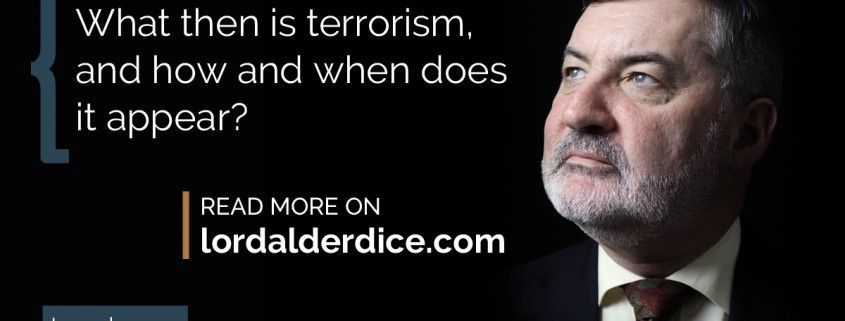

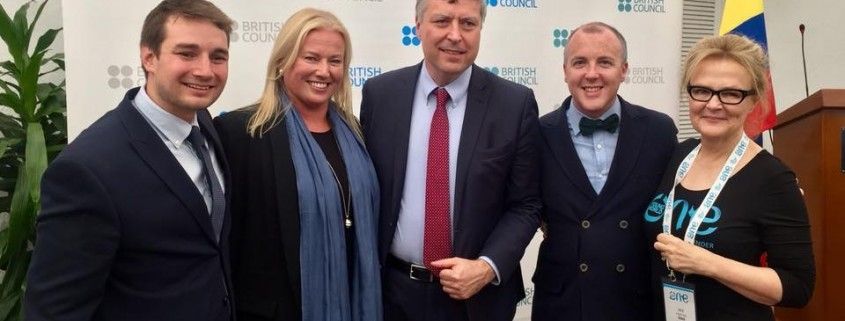

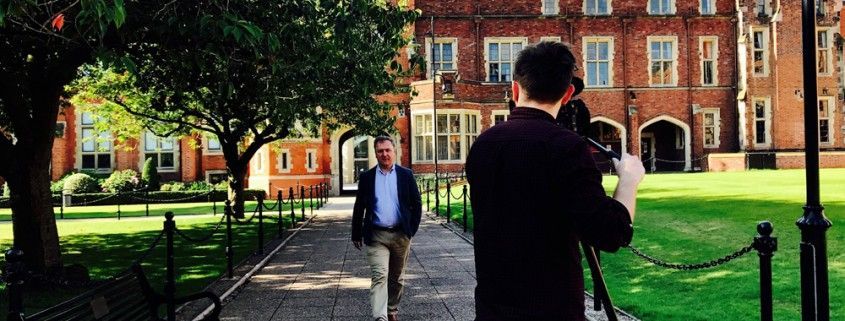
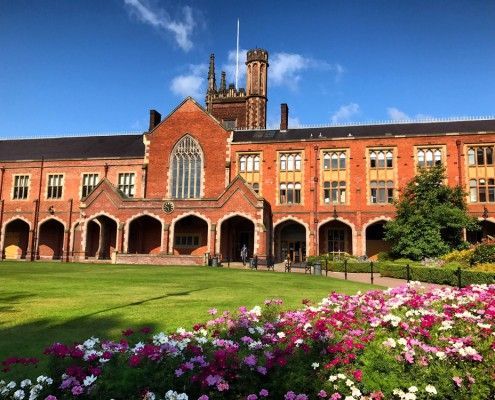
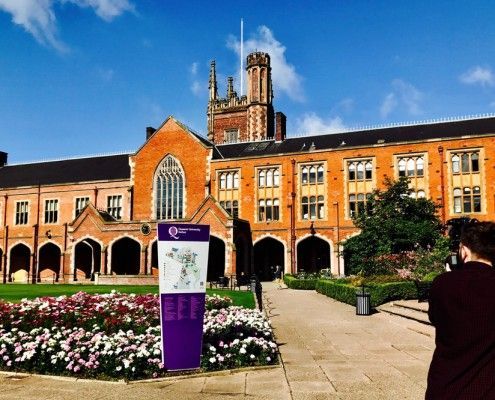
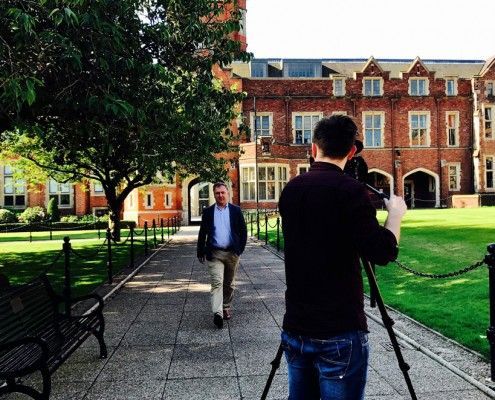

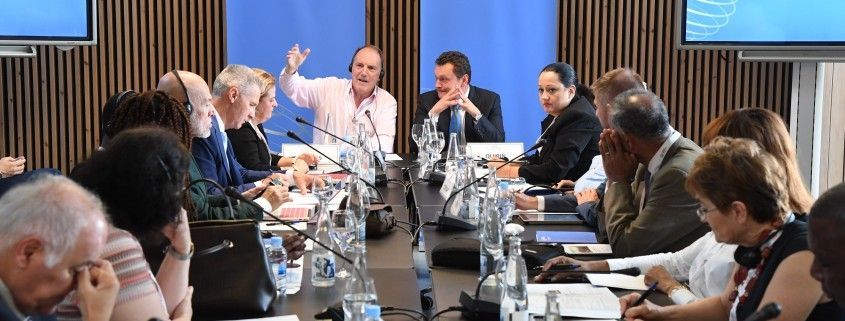
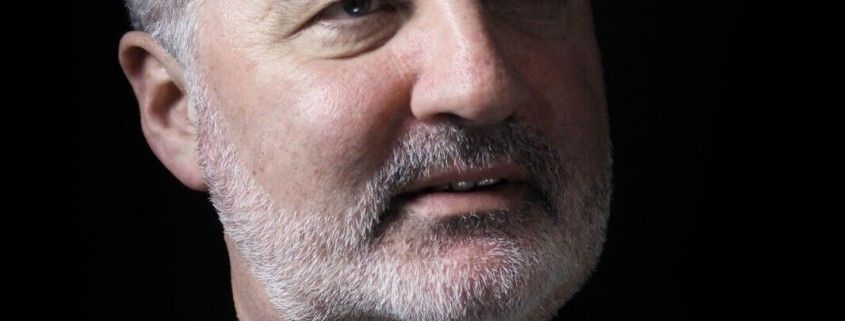
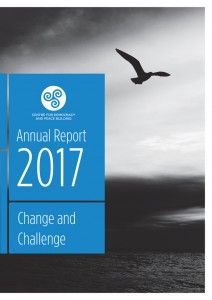 Chairman’s Remarks – CDPB Annual Report 2017
Chairman’s Remarks – CDPB Annual Report 2017